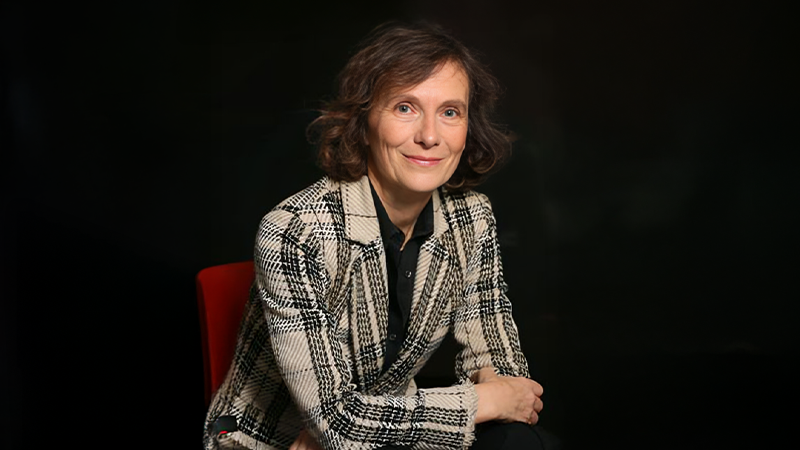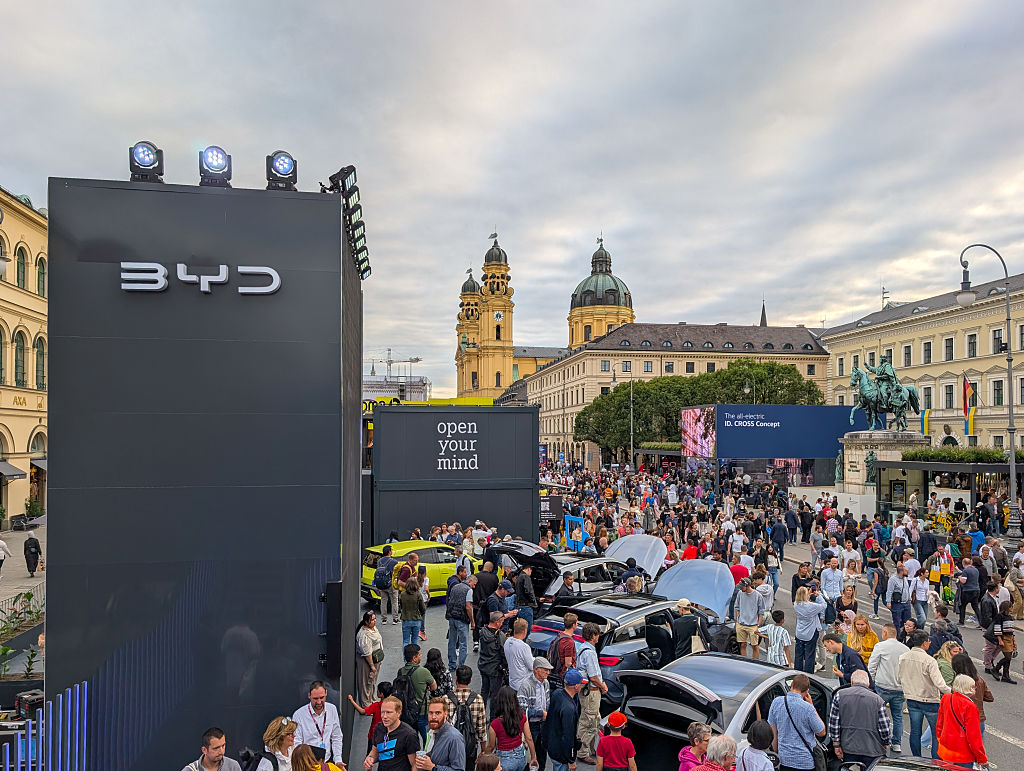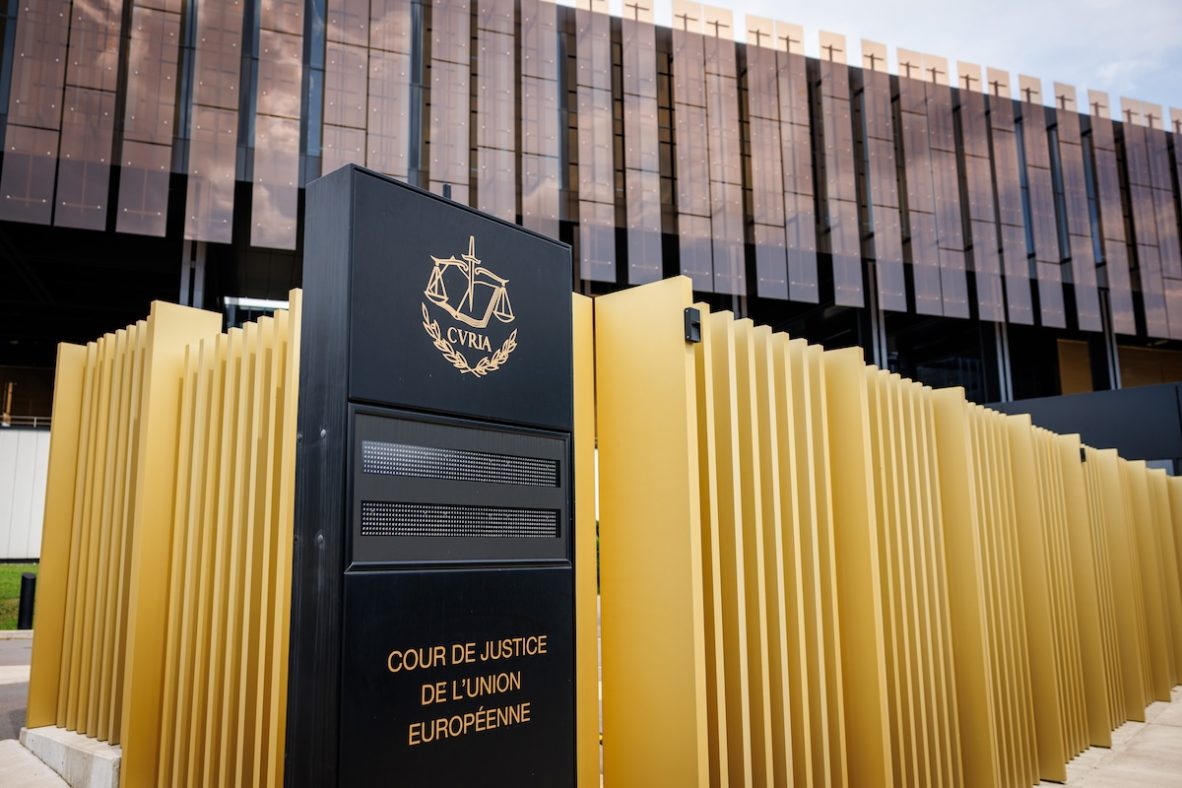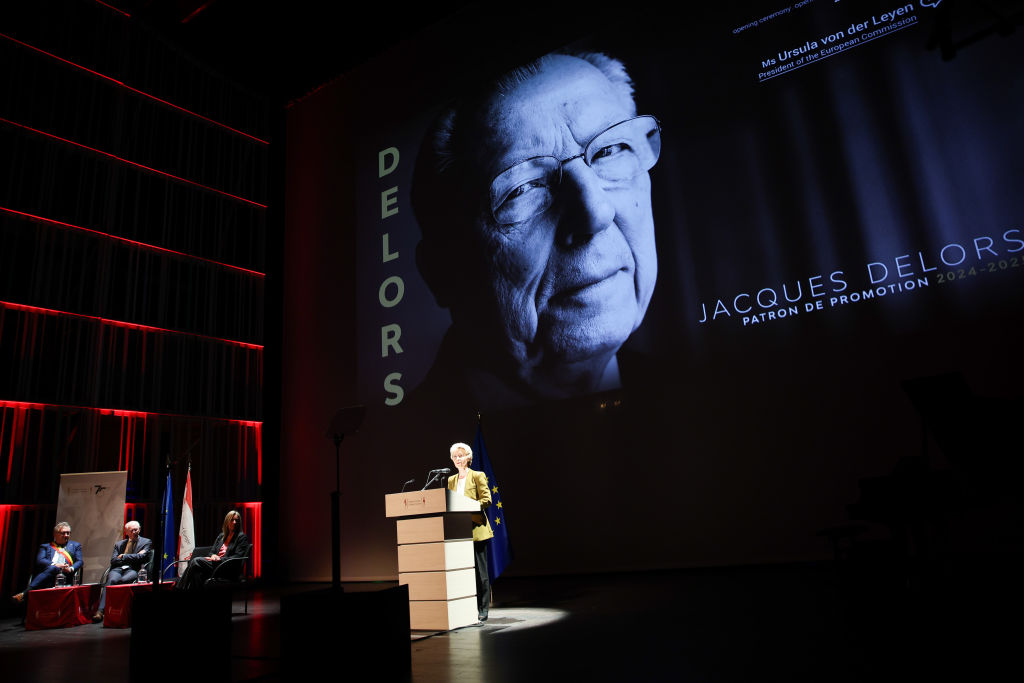Europe’s future depends on skills, not just science
Europe’s competitiveness depends less on research spending and more on skills. The EIT Education and Skills Days highlight how linking education, research and business can turn ideas into innovation, expand talent pools, and equip people to drive the green and digital transitions.

Europe is a powerhouse of ideas. Our universities and labs are overflowing with bright minds, from quantum physicists to climate scientists. But ideas alone do not change the world without the people who can turn them into real products, companies and solutions. Europe needs the right skills and network to mature ideas into products or it risks being like a brilliant composer with no orchestra to perform the music.
A debate that can’t wait
During the EIT Education and Skills Days held this week in Brussels the message was clear. Policymakers, educators, businesses and young innovators came together with one message: the debate on Europe’s future competitiveness should depend less on how much money is spent on research, and more on whether we have the people with the right skills to carry discoveries into the real economy and that cooperate in teams to act together.
The green and digital transitions make the challenge urgent. By 2030, millions of extra specialists will be needed in clean energy, health, advanced materials and agriculture. Meanwhile, fields like artificial intelligence and biotechnology are expanding so fast that industries alone cannot train and recruit enough workers.
That is why education, research and business need to work hand in hand. When they connect, engineers can turn into entrepreneurs, discoveries make their way out of the lab, and businesses feed lessons back into classrooms. The impact is clear: new companies, new products, and millions of people gaining the skills Europe needs for the future.
What works in practice
The good news is that Europe is not starting from scratch. At the EIT Education and Skills Days, examples of programmes that already bridge the gap between classroom and workplace were plenty. Programmes that combine technical education with entrepreneurship in close cooperation with industry. Together, they demonstrate how learning can be turned into innovation: learners are working with companies to design circular fashion, wildfire-spotting drones, or new battery systems. Teenagers and students are not just absorbing theory — they are testing ideas in practice, often launching projects that later grow into start-ups.
Crucially, these initiatives also widen the pool of talent. Projects that encourage young girls to enter STEM (Science, technology, engineering and mathematics) or bring universities closer to local businesses show how hidden potential can be unlocked. A Lithuanian team of schoolgirls who designed an AI-powered smart glasses, or Bulgarian students who built drones to help firefighters or an Italian-Finnish team that developed an AI solution to improve women’s health through better diagnostics, are proof that talent blossoms when education opens the right doors.
What Europe must do next
If Europe wants to stay competitive, we need to rethink how innovation policy is designed. Skills must move from the margins to the very heart of the agenda: talent is not an afterthought, it is the foundation to build successful teams. We must also scale up what already works. Too many promising models remain confined to pilots, like seedlings never transplanted into the wider field. And we need to measure success differently. We need to take a step back: counting patents or projects is not enough; the real test is how many people are equipped with the skills to create new patents and shape our future.
People make innovation happen
Europe is not short of ideas or scientific excellence. What we lack are the pathways that help a chemistry student become a clean-tech entrepreneur, or a robotics researcher become the founder of the next European scale-up.
The Education and Skills Days made clear that Europe has no time to lose. If we want a resilient, competitive and fair Europe, we must invest not only in machines and technologies, but above all in people and in forming and maintaining teams and networks Because in the end, innovation is not a budget line or a policy instrument. It is a story of human talent — of people with the courage, creativity and skills to take ideas out of the lab and into the real world. Without them, Europe’s future risks remaining a draft on paper. With them, we can write the next chapter.
By Silvia Lenaerts, Member of the Governing Board, European Institute of Innovation and Technology (EIT)








